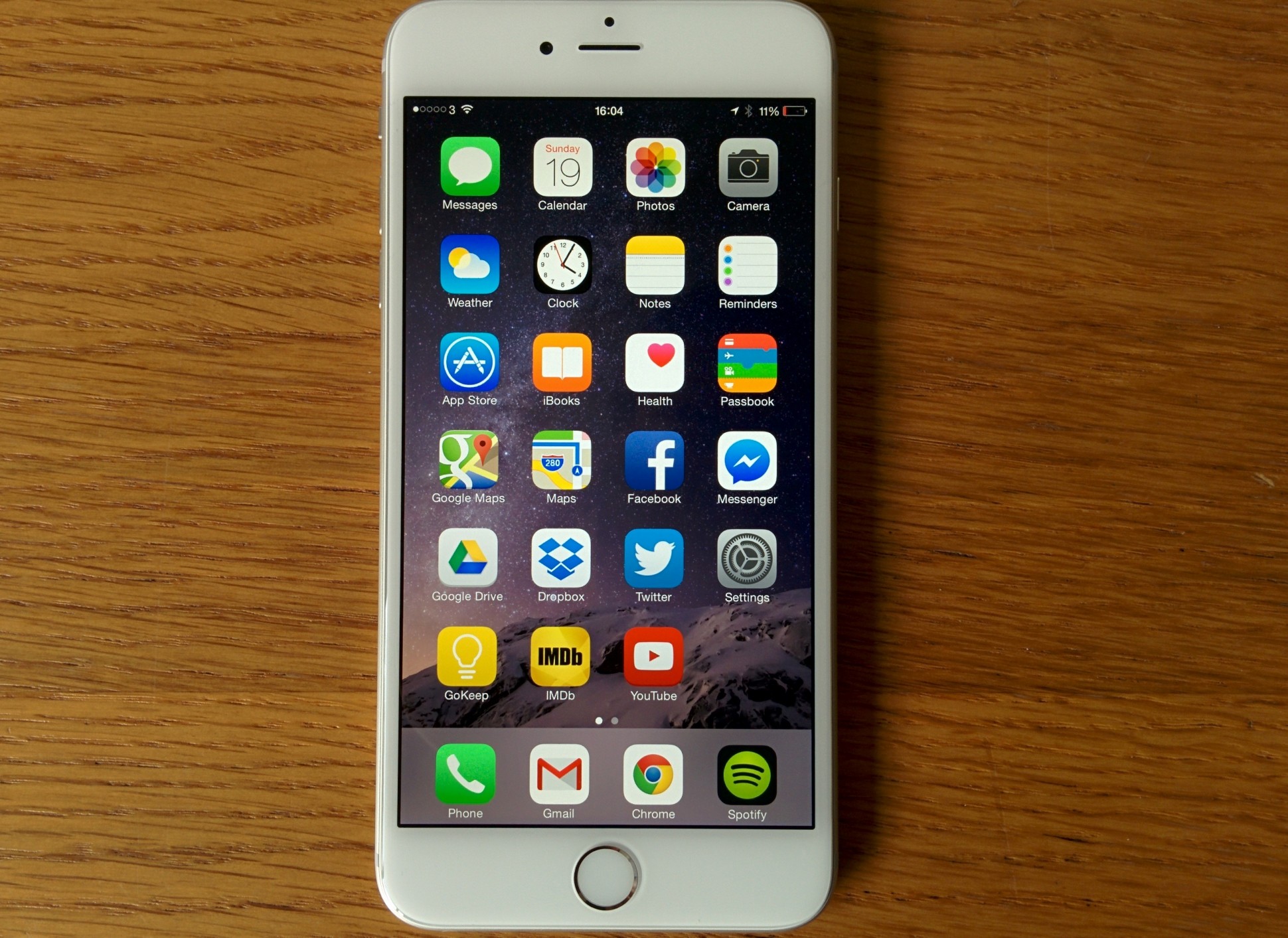
LEADING South-Africa based Zimbabwean owned record label, Afro-Platinum Music (APM) has embarked on a scouting spree for upcoming artistes in a bid to promote local musicians.
Own Correspondent
APM focuses on creating synergies between various producers and composers in Africa and is one of the major sponsors of the Ghetto Fabulous Street music talent show in neighbouring South Africa.
Company director Reason Sibanda known in entertainment circles as “Rizzla”, said his company sought to inspire local musicians to “indigenise” their music so that it could appeal to everyone in the country.
He said kwaito and house music had proven to be the most popular music genrés countrywide although most local musicians had adopted a singing style synonymous with their South African counterparts.
He argued that the two music genrés are marketable in the country, but local musicians ought to localise their content so that it appeals to every music lover in Zimbabwe.
“We want to indigenise content,” the outspoken music promoter said. “We want to bring Zimbabwean experiences to our music. We want our music to appeal to a granny in Buhera and Ruwa,” he said.
Rizzla said APM sought to change the mentality of “sentimentality” in the music industry adding artistes ought to choose what sells and not what excites them.
- Chamisa under fire over US$120K donation
- Mavhunga puts DeMbare into Chibuku quarterfinals
- Pension funds bet on Cabora Bassa oilfields
- Councils defy govt fire tender directive
Keep Reading
“Unfortunately most of them do it for the love of the game, but it is important to identify where your money is. For instance kwaito and house are the genrés currently with a large market as they are played in most clubs.”
“Potential is huge, but musicians lack knowledge about the music industry hence the need to enlighten them. Musicians must have a master-plan of where they are going,” the revered music promoter advised.
He also said branding and grooming for musicians were very important because youthful fans looked to figures who could be a “bling” to them and urged local musicians to capitalise on bookings, arguing physical sales had lost relevance as the music industry had gone digital.










